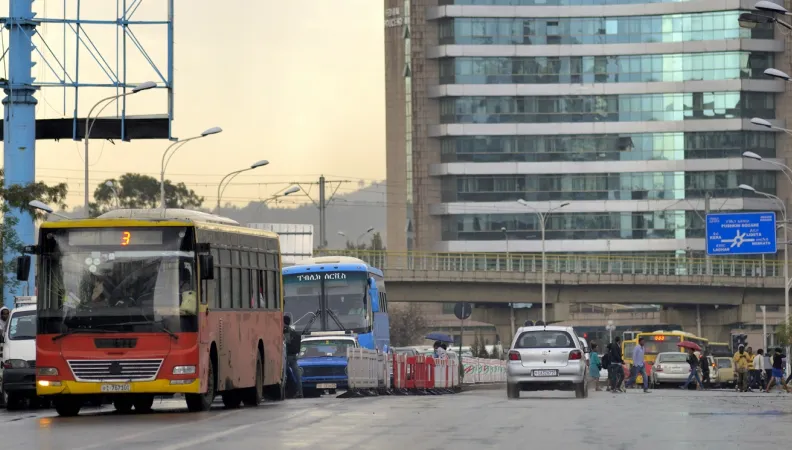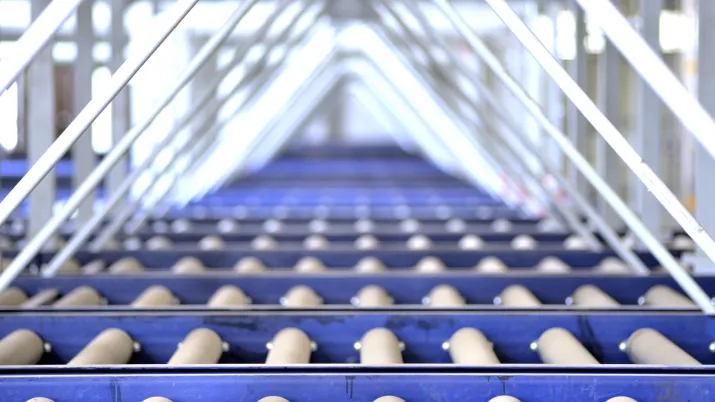Share the page
ETHIOPIA: Supporting Ethiopia’s economic reform agenda
Project


-
Project start date
-
Status
Ongoing
-
Project end date
-
-
Project duration
-
23 years
-
AFD financing amount
-
100 000 000 €
-
Location
-
Ethiopia
-
Type of financing
-
Beneficiaries
-
Federal Democratic Republic of Ethiopia
The purpose of this program is to support economic reforms that will enable Ethiopia to become a middle-income country by 2025, by maximizing the amount of finance available for development and strengthening capacity in key areas of the economy.
Context
Ethiopia, a landlocked country of more than 100 million inhabitants in the Horn of Africa, has experienced high levels of economic growth since 2004 with an average annual growth rate of 10.8% during the period 2004/2017, twice the average in sub-Saharan Africa.
In order to foster this growth, the government launched the “Homegrown Economic Reform” agenda in 2019. Through this ambitious plan, Ethiopia aims at transforming its economy through market-driven initiatives, while taking advantage of its historical structure and advantages.
Description
In order to strengthen the momentum of these reforms, the World Bank committed in 2018, USD 1.2 billion in loan and grant equally to the Ethiopia Growth and Competitiveness Development Policy Financing (DPF).
At the request of the Ethiopian government, France wishes to contribute partial financing of the Ethiopian reform program via a Public Policy Loan of EUR 85 million associated with a technical assistance program of EUR 15 million. This support focuses on strategic dynamics such as the development of Public Private Partnerships (PPP) and the reform of public enterprises, while helping the transversal implementation of the reforms with different Ministries and agencies, such as the Ministry of Finance, the Ministry of Planning, The Capital Markets Authority or the Industrial Parks Development Commission.
The program gave particular attention to coordination among partners, with a contribution to the dedicated Trust Fund of the World Bank, while mobilizing French expertise and promoting peer-to-peer learning.
Impacts
The implemented economic reforms will lead to:
- Increased private investment and progressive liberalization of the sectors of the economy like energy, logistics and telecommunications;
- Emergence of PPPs that are sustainable, particularly in the energy sector;
- Better governance, transparency and accountability of public enterprises, in particular by supporting the structuring of the Public Enterprises Holding Administration Agency and the Ethiopian Investment Holding;
- Support for other themes of economic reforms, for example in the field of private sector development or industrial policy, and in particular, strengthening the analysis of the environmental and social impacts of reforms.
In the same region
On the same topic



On the same financial tool








